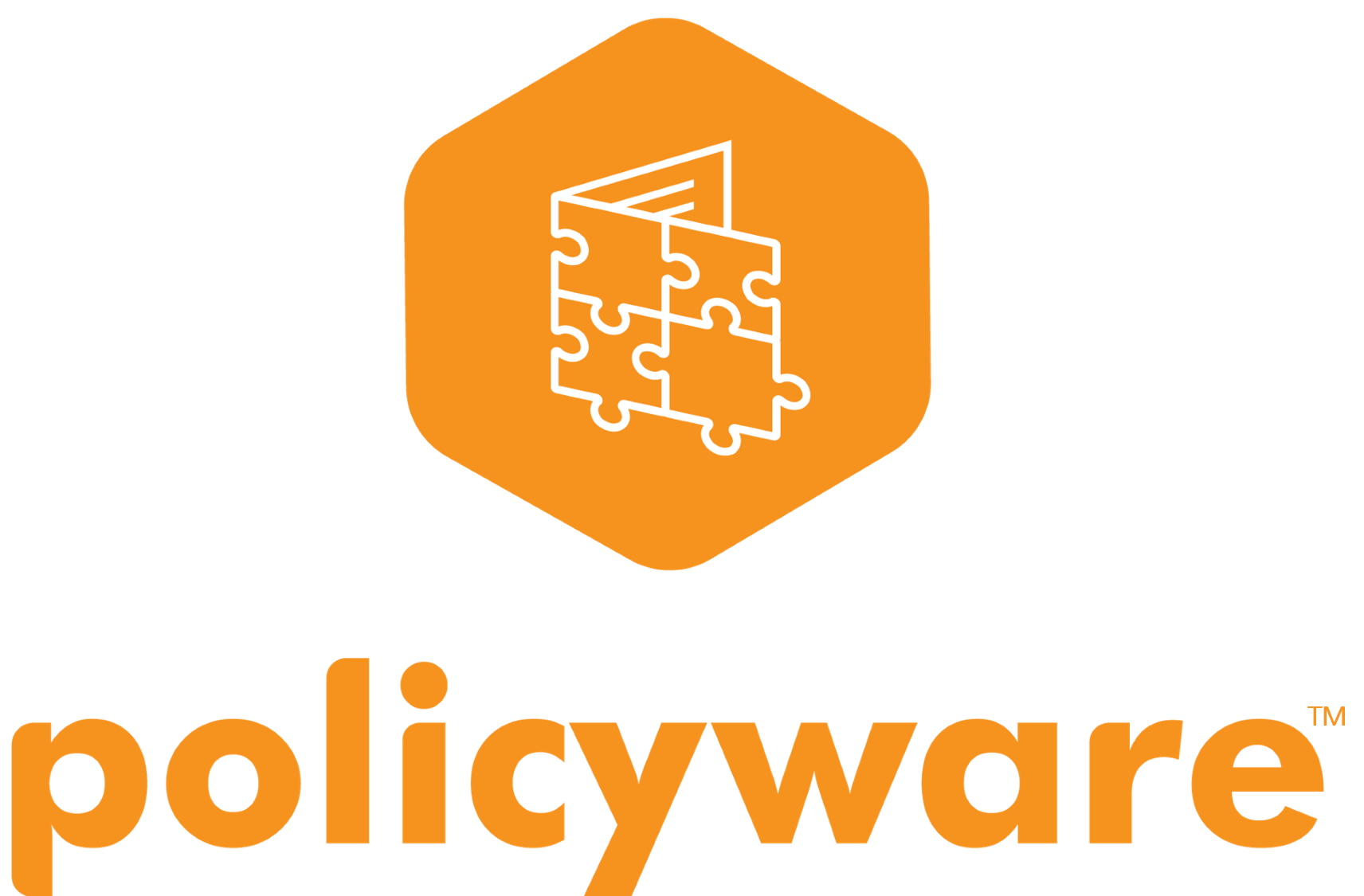Our Deep Dive on Artificial Intelligence
The #1 Course to Land a Job in Design. All necessary tools are included
Write your awesome label here.
Get notified when registration opens
Thank you!
Here is what you will learn
What is Artificial Intelligence
This will include an overview of the different forms of AI, including machine learning, reinforced learning and deep neural networks.
What are the economic, social and geopolitical implications of AI
Students will learn about how AI can boost economic growth, affect international trade, be used to address global challenges from climate to health, as well as the impact of AI on international relations.
How are governments seeking to govern AI
This will assess in detail AI policy in countries such as the US, the EU, and China, the key elements and how much is really being invested into AI.
The international efforts to govern AI
This will provide an overview of international development of AI policy, including in the G20, the G7, the Global Partnership on AI and in trade agreements.
What are the opportunities and challenges to international cooperation on AI
Here we will analyze how differences in approaches amongst countries to AI regulation, R&D capacity and geopolitical tensions are challenging efforts to develop a coordinated approach to AI governance.
Looking forward, what can we expect from AI and what might this mean for AI policy
We will conclude with a discussion on what AI policy is needed to boost AI capacity and develop international cooperation on AI.
Who will benefit from a deep dive into digital trade
Officials in government and international organizations
Officials developing AI policies, whether in the realm of economics, trade, standards, AIs effects on social and environmental outcomes, as well as working on the geopolitical impacts of AI.
Private sector representatives working on AI policy
Individuals working on AI policy in companies developing AI capacity or seeking to deploy AI within their company.
Non-governmental organizations and non-profits
Individuals working in 0rganizations that are engaged in AI policy, want to learn how to use AI to address social and environmental needs and working on broader issues of international trade and international relations.
